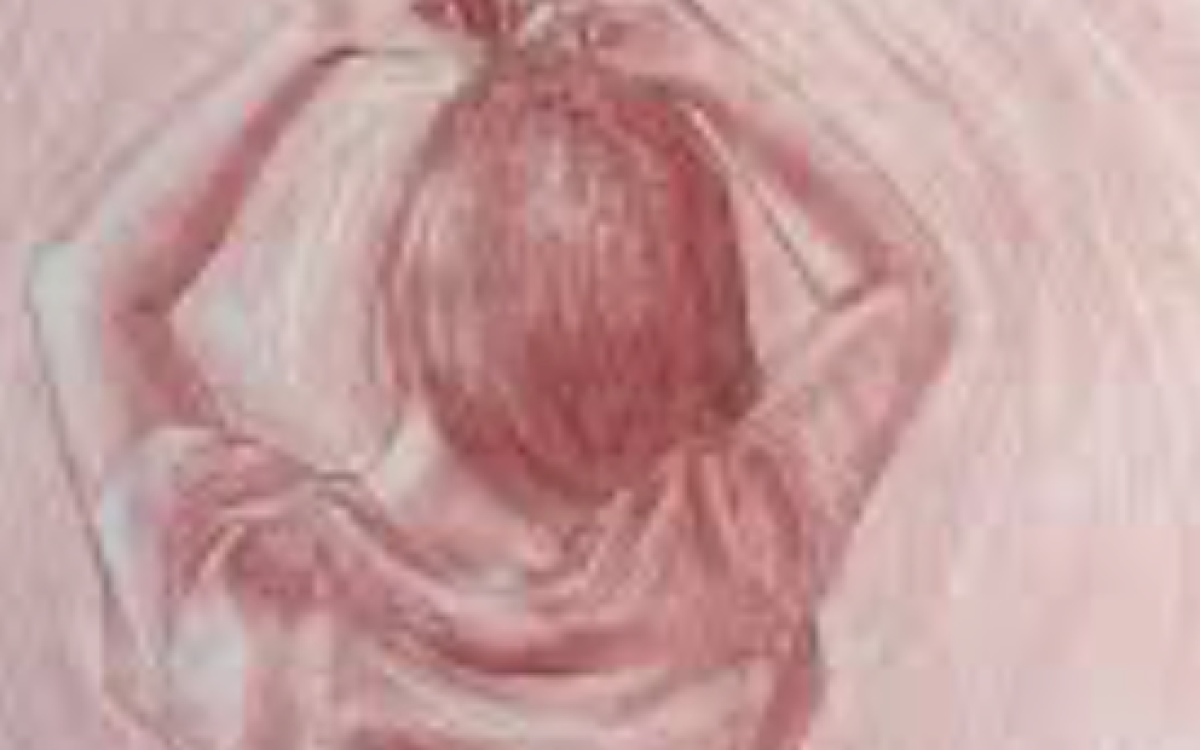At a glance
Capillaries is part of the narrative medicine movement, encouraging healthcare providers and patients to reflect on their… Read full summary
- Funding received
- 2018-2019
- Mini
- Awarded
- $750
- Funding partners
-
Capillaries is part of the narrative medicine movement, encouraging healthcare providers and patients to reflect on their experiences through writing and art, fostering a deeper understanding of shared humanity. At UW, the initiative invites students, faculty, and staff from all disciplines to share stories, aiming to reduce stigma around mental health, disordered eating, suicide, sexual assault, and other vulnerable topics. By collaborating with various organizations, Capillaries amplifies the voices of marginalized groups. Since its launch in 2018, the project has produced quarterly publications and aims to provide an ongoing space for diverse healing narratives through an updated website, print journals, and open-mic events.
Capillaries works within the genre of narrative medicine, a movement which invites healthcare providers and patients to reflect on their experiences using writing and art and to develop appreciation for the inherent humanity in all people. We are expanding awareness of and participation in narrative medicine at UW, encouraging undergraduate and graduate students, faculty, and staff –from all departments, not just in medicine –to share their stories with us. Since February 2018, we have worked towards reducing the stigma against discussing mental health, shame, disordered eating, suicide, sexual assault, and our most vulnerable and often silenced experiences. We have also sought to uplift the voices of populations marginalized by our fractured healthcare system by collaborating with the Center for Health Sciences Interprofessional Education, Research, and Practice (CHSIE), the UW School of Medicine’s Narrative Medicine Interest Group, and the Seattle-King County Clinic. Thus far, we have produced four quarterly publications, each with more pieces submitted than the last. This increase in submissions indicates the need for a permanently available space to engage with narratives of diverse healing processes. We look forward to serving as this much needed space in the 2019-2020 academic year. We will be gathering stories for Autumn 2019, Winter 2020, and Spring 2020 publications and will share these narratives with the greater community through an updated website, print copies of the journal, and at our quarterly open-mic events.
Alice Ranjan
Project lead
- ranjaa@uw.edu
- Affiliation
- Student
Fleur Anteau
Team member
- Affiliation
- Student
